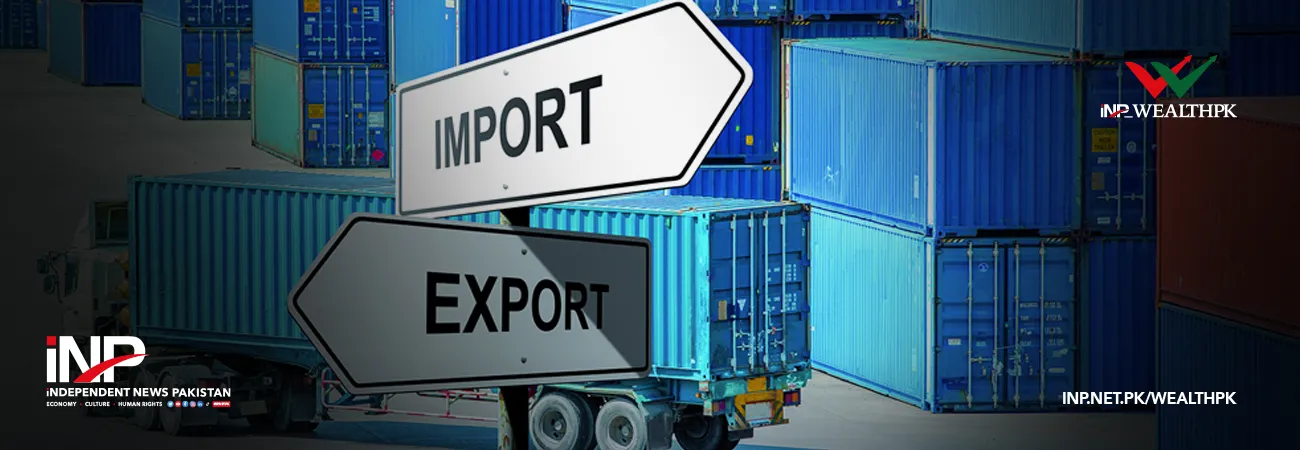INP-WealthPk
Amir Khan
In a surprising revelation, it has come to light that the Pak-China trade gap is significantly lower than the officially reported figures. Contrary to the previously stated trade deficit of $6.75 billion, the actual gap stands at a mere $545 million, reports WealthPK. Director of Customs Valuation, Karachi, Fayaz Rasool Maken, undertook a thorough investigation to unveil the true extent of the trade gap, challenging the representations made by the officials. The findings involved meticulous adjustments and off-setting measures, tackling both over-invoicing and under-invoicing. Maken presented a comprehensive data analysis, particularly focusing on China, during a briefing to the Senate Standing Committee on Finance at the Parliament House. The committee praised the detailed examination and analysis conducted by Maken, recognizing the importance of accurate statistics in understanding the trade dynamics. The misreporting of US$6.75 billion trade gap was vehemently rejected by a senior valuation official from Karachi.
FBR Member Customs-Operations Zeba Hai Azhar emphasized the need to comprehend the issue based on actual statistics, shedding light on the complexities of trade-related data, said Dr. Javed Iqbal, Fulbright International trade analyst, while talking to WealthPK. He highlighted the exaggerated figures in a letter from the Pakistan Business Council regarding the trade gap. The members unanimously agreed that mistaken additions, such as the inclusion of Afghan Transit Trade worth US$3.51 billion and the value of stuck cargo amounting to US$0.44 billion not cleared in 2022, had contributed to the inflated figures. He added that the reported discrepancies of US$7.5 billion in import figures involving Pakistan's key trading partners, including China, Singapore, Germany, and the UK, had been thoroughly examined. The FBR, in collaboration with international organizations like the International Trade Centre (ITC), IMF, UNCTAD, and WCO, highlighted over 20 reasons for statistical discrepancies in the trade data.
"The key reasons include destination mismatch, exchange rate volatility, delayed customs clearances, and exports to free zones. Despite these challenges, it is evident from the analysis that the trade gap remains at US$545 million, subject to adjustments due to over-invoicing and under-invoicing," he added. Javed Iqbal emphasized that Pakistan Customs had established Electronic Data Interchange (EDI) linkages with China for preferential trade. In a bid to combat any mis-invoicing, the FBR is actively implementing an action plan and processing a Request for Proposal (RFP) through the Pakistan Single Window Company. The RFP aims to strengthen the risk management system using AI technologies to detect mis-declaration and under-invoicing. While the memorandum of understanding (MoU) on Electronic Data Interchange has been forwarded to various countries, including Singapore, the UAE, and Afghanistan, progress has been slow despite regular follow-ups by the FBR. The FBR remains committed to addressing mis-invoicing issues and ensuring transparency in trade data.
Credit: INP-WealthPk













